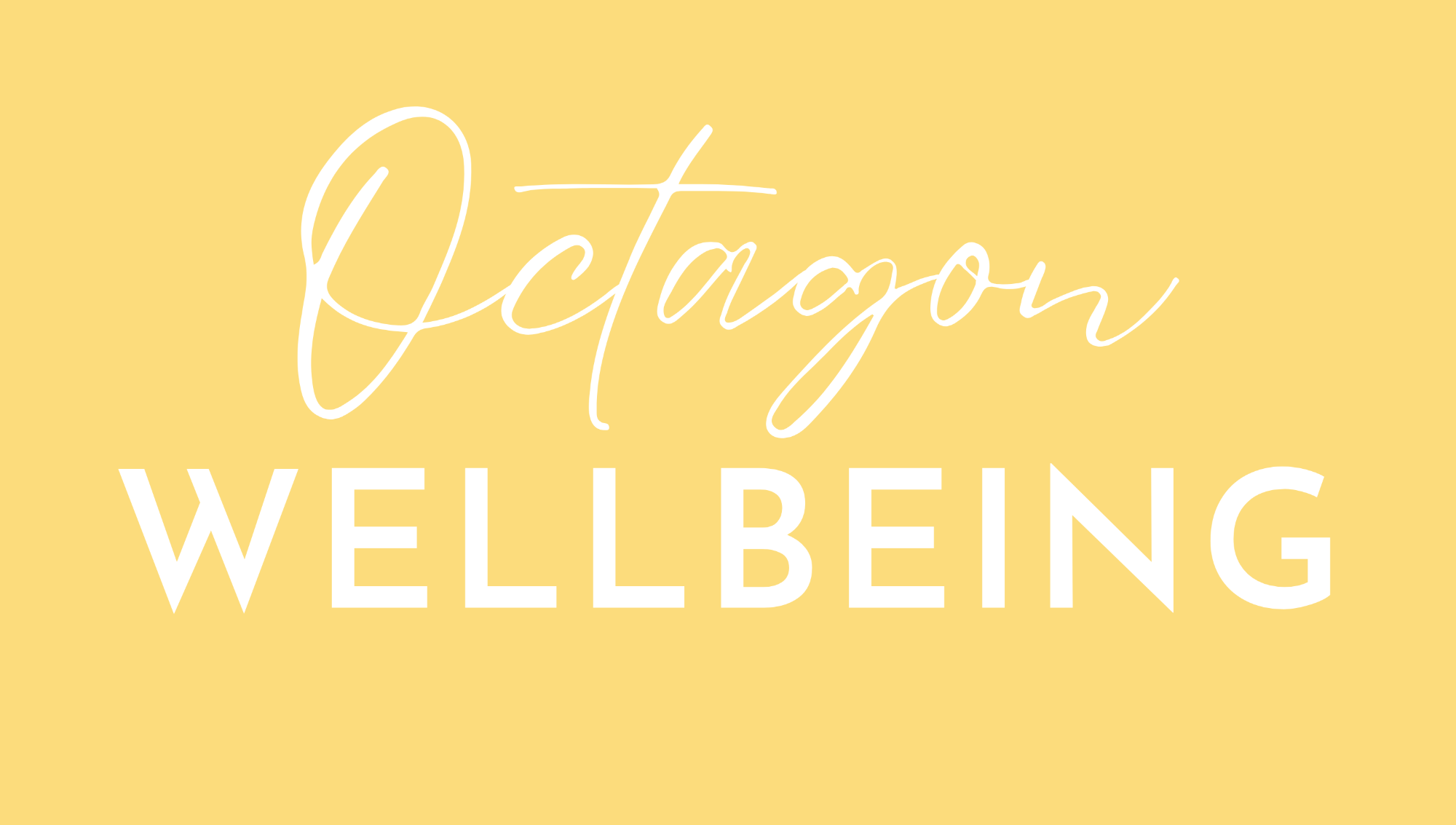Are You a People Pleaser? Here are the Telltale Signs to Watch For
Posted on
Are you someone who finds it difficult to say no? Are you someone who finds themselves constantly putting others before yourself? Do you feel the need to say yes to every request or offer assistance even when you don't really want to? If so, you may have a people-pleasing aspect of your personality. Although it may seem like a positive trait to constantly want to please others, it can actually have a negative impact on your own wellbeing and mental health.
The negativeimpacts of being a people pleaser
People pleasing often comes at the expense of one's own needs and desires, leading to feelings of anxiety and stress. One major effect of people pleasing is a constant need for validation from others. When your happiness relies on the approval of others, it can lead to a never-ending cycle of seeking affirmation. This can be mentally exhausting and lead to anxiety when approval is not given.
Another negative impact of being a people pleaser is the inability to set boundaries. As people pleasers often put others' needs before their own they may also have trouble saying no or asserting themselves in situations where they feel uncomfortable. This can lead to feelings of resentment and being taken advantage of, causing additional stress and anxiety.
Signs you may be a people pleaser
1. Difficulty Saying "No": People pleasers have a hard time turning down requests or invitations from others. They often sacrifice their own needs and desires to make others happy.
2. Constant Need for Approval: A people pleaser seeks validation and approval from others constantly. They feel like they have to meet other people's expectations to feel accepted and loved.
3. Feeling Overwhelmed: A people pleaser tends to take on too much responsibility, and often finds themselves feeling overwhelmed. They have a hard time saying "no" to anything and everything that is asked of them.
4. Ignoring Personal Boundaries: People pleasers often neglect their own personal boundaries. They say yes to things they don't want to do and agree to things that don't align with their own personal values or goals.
5. Anxiety and Stress: People pleasing can have negative effects on your wellbeing. Anxiety and stress can develop from always trying to please others. It can also lead to resentment and frustration in the long run.
If you recognize any of these signs in yourself, it may be time to reflect on why you are behaving in this way, consider seeking professional support or practicing self-care strategies to improve your wellbeing.
How to break the habit of people pleasing
Breaking the habit of being a people pleaser is not an easy task. However, it is necessary for the sake of your mental health. Below are some tips to help you break the cycle of people pleasing:
1. Identify your needs and desires: Many people pleasersprioritise the needs of others over their own. Start by identifying your own needs and desires. What makes you happy? What are your priorities? By doing asking yourself these questions you will begin to prioritise your own needs and desires instead of always saying yes to others.
2. Practice saying no: Saying no is not a bad thing. In fact, it is necessary to maintain healthy boundaries. It is okay to decline invitations or requests that do not align with your own needs or desires. To move away from yes always being your default answer try saying no to small requests and work your way up to bigger ones.
3. Set boundaries: Setting boundaries is important for maintaining healthy relationships. Communicate your boundaries clearly and assertively. For example, if you need time alone, communicate this to your loved ones and stick to it.
4. Practice self-care: Prioritize your self-care routine. This can include exercise, meditation, journaling, or anything else that makes you feel good. Self-care helps you to recharge and refocus your energy on yourself.
5. Seek support: Breaking the habit of being a people pleaser can be challenging. Seek support from loved ones or a mental health professional. They can provide you with guidance and support as you navigate this process.

